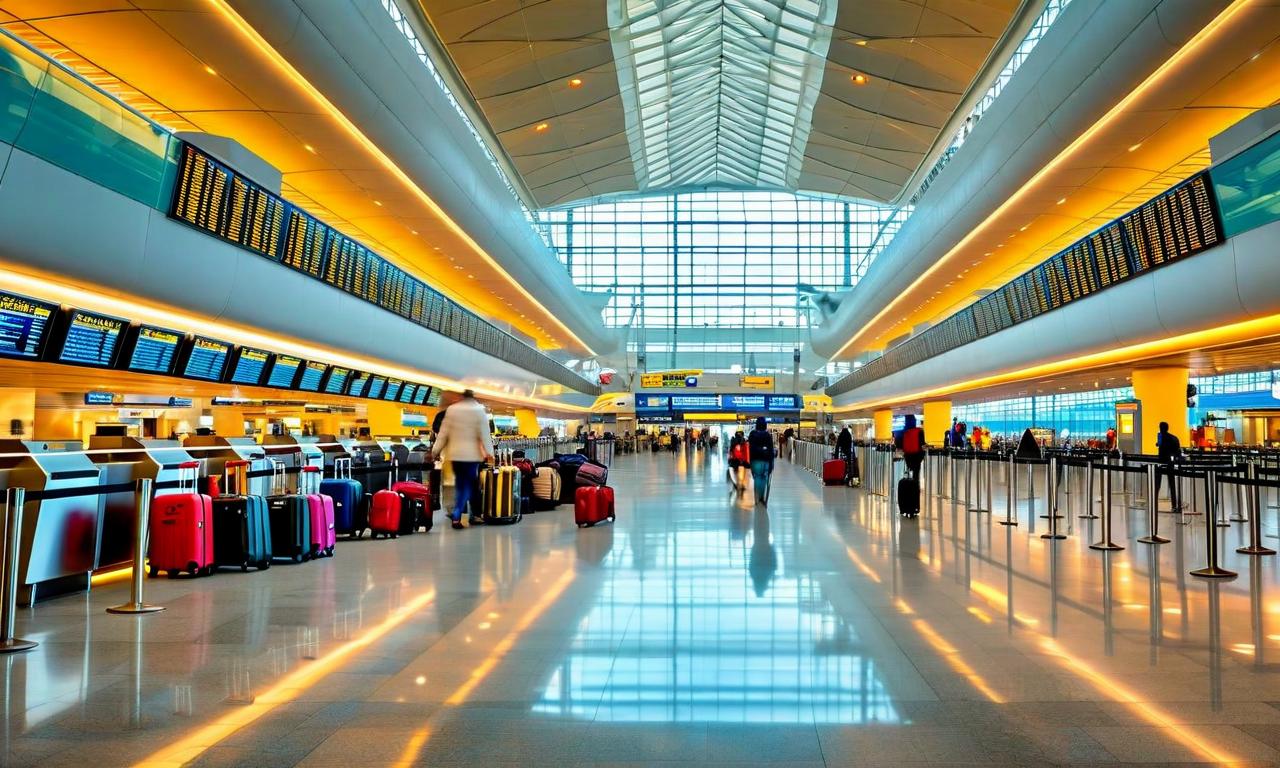Trump's $100,000 H-1B Visa Fee Hike: Impact on Indian IT Firms and US Startups
The US has imposed a $100,000 fee on H-1B visa applications, affecting Indian IT companies and American startups. Indian IT firms may face higher costs, leading to increased offshoring and local hiring. Dam Capital analysts predict potential EBIT margin reductions and decreased earnings per share for these companies. US startups are challenged by resource constraints and talent acquisition hurdles. The fee applies per application and is implemented prospectively.

*this image is generated using AI for illustrative purposes only.
A significant policy change in the United States' H-1B visa program has sent ripples through both the Indian IT sector and the American startup ecosystem. The Trump administration has imposed a substantial $100,000 fee on H-1B visa applications, a move that is expected to have far-reaching consequences for businesses reliant on international talent.
Impact on Indian IT Companies
The new fee structure is poised to affect Indian IT companies significantly, potentially altering their operational strategies and financial outlook:
Higher Operating Costs: The increased visa fee is expected to drive up operational expenses for Indian IT firms with a significant presence in the U.S.
Accelerated Offshoring and Local Hiring: In response to the higher costs, companies may accelerate their offshoring efforts and increase local hiring in the U.S.
Financial Implications: Dam Capital analysts project that if companies replace one-third of their H-1B employees with local hires, it could result in:
- A reduction of EBIT (Earnings Before Interest and Taxes) margins by 20-50 basis points
- A decrease in earnings per share by 2-4%
Company-Specific Impact:
- Cyient and Tata Consultancy Services are considered to have the least exposure to this policy change.
- HCLTech and Infosys are better positioned due to their existing localization strategies.
Challenges for US Startups
The new H-1B visa fee policy poses significant challenges for U.S. startups, which often rely heavily on global talent:
Resource Constraints: Many startups lack the financial resources to absorb the substantial increase in visa application costs.
Talent Acquisition Hurdles: The policy may hinder startups' ability to attract and retain international talent crucial for their growth and innovation.
Real-World Impact:
- Workstream, a startup co-founded by Desmond Lim, reported that all their H-1B applications were rejected this year.
- Alma, a legal tech startup, experienced a 100-fold increase in client inquiries following the announcement of the new fee.
Key Points of the Policy
- Fee Structure: The $100,000 fee applies per application, not annually.
- Implementation: The new fee is applied prospectively to new applications.
This policy shift underscores the ongoing challenges in the global talent market and the delicate balance between immigration policies and economic growth. As companies and startups grapple with these changes, the long-term effects on innovation, competitiveness, and the tech landscape remain to be seen.

























